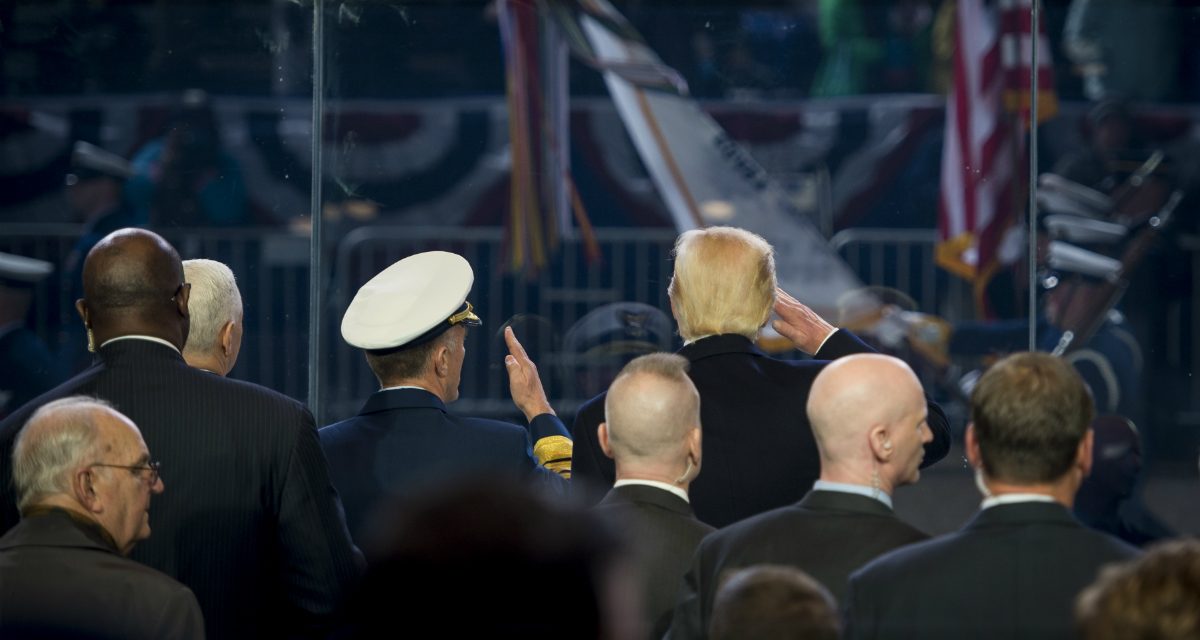Editor’s note: MWI contributor Maj. Dan Maurer has a new book, Crisis, Agency, and Law in US Civil-Military Relations, scheduled for release by Palgrave Macmillan Press next month. The e-book will be released later this month. Both editions are available for pre-order now. An excerpt of the book has been publish on Foreign Policy‘s “Best Defense” blog.
American strategic civil-military relationships are haunted by an inability to diagnose whether they are pathological or healthy.
Neither the parties themselves nor the public can accurately and objectively unravel whether certain actions or inactions are symptoms of a diseased interaction, or whether they are sure signs of a proper and well-ordered immune system, a proper — if nuanced and unequal — collaboration. The phrase “crisis” is too often tossed around, despite a dearth of evidence pointing toward the much-feared coup, and no unambiguous “winner” or “loser” in the resultant clash. That is, unless we have an objective and neutral framework for understanding what those relationships actually are in form and function.
Read the full excerpt Foreign Policy‘s “Best Defense” blog.
Image credit: Staff Sgt. Marianique Santos, US Air Force


